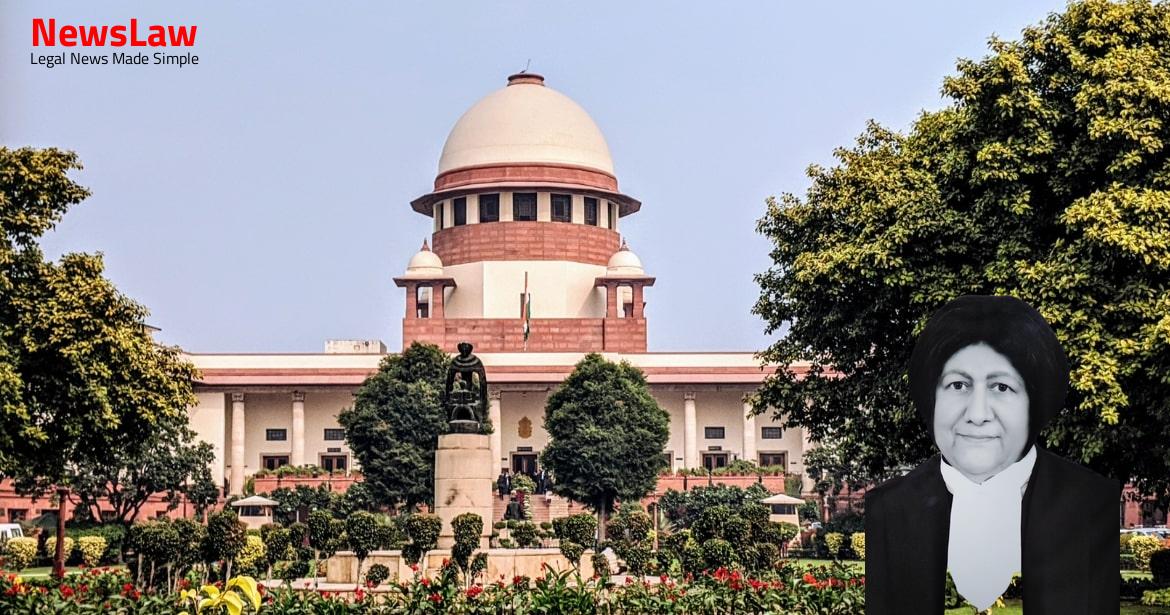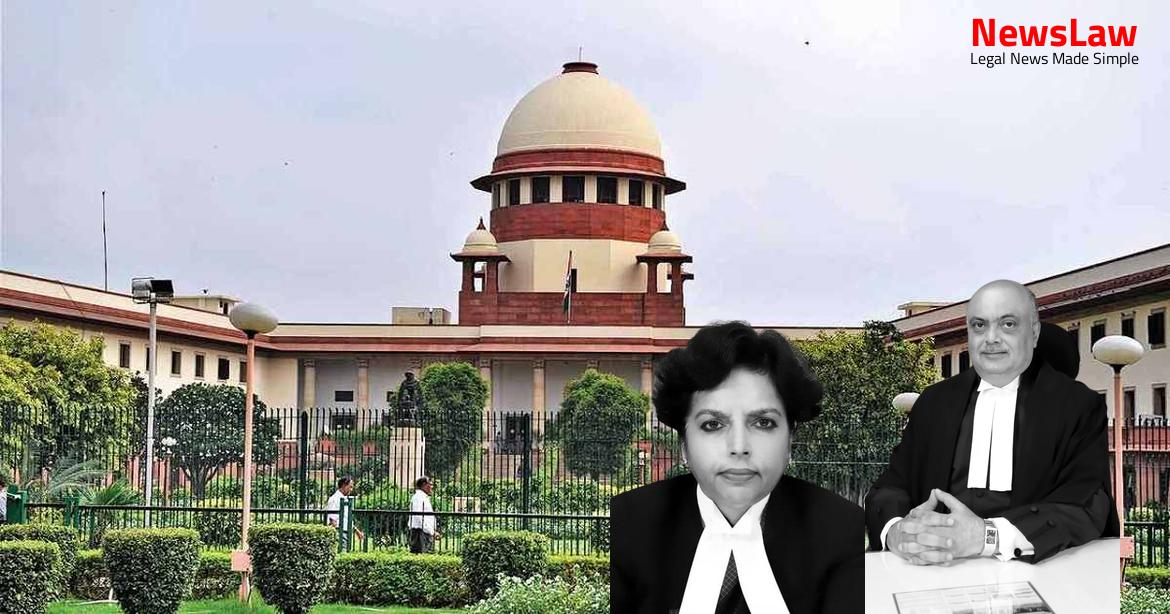In the case of Madhya Pradesh Jan Vikash Party v. Election Commission of India, the Supreme Court has reaffirmed the reliability of Electronic Voting Machines (EVMs) in conducting free and fair elections. The judgement underscores the importance of EVMs in upholding the democratic process, highlighting the Election Commission’s role as a constitutional entity overseeing elections. Stay informed on the latest legal developments surrounding EVMs and electoral integrity.
Arguments
- ARG_RESPONDENT’s delay in refiling is condoned
- Original names should be used instead of designated numbers like Respondent No 1 or Petitioner No 1
- The petitioner, Association for Democratic Reforms, presented arguments for several alternatives regarding the use of Electronic Voting Machines (EVMs).
- Suggestions included a return to paper ballot system, providing printed slips from Voter Verifiable Paper Audit Trail (VVPAT) machines to voters, and ensuring 100% counting of VVPAT slips in addition to electronic counting.
- Concerns were raised about the alleged modification of VVPAT in 2017, making the glass window translucent/tinted instead of transparent, impacting voter confidence.
- Arguments were made against the Rule 49MA of Conduct of Election Rules, 1961 and the objection to 100% counting of VVPAT paper trail by Election Commission of India.
- The petitioner emphasized voters’ fundamental right to know their votes are accurately recorded and counted, seeking to address suspicions of EVM manipulation.
Analysis
- The EVMs have been established as a reliable and credible tool for conducting free and fair elections by the Election Commission of India (ECI).
- Stringent checks and protocols have been implemented to ensure the integrity of the electoral process.
- The introduction of Voter Verifiable Paper Audit Trail (VVPAT) system has significantly enhanced transparency and verifiability in the voting process.
- Various legal challenges to the use of EVMs have been rejected by the courts, citing lack of substantial evidence for malpractices.
- The ECI has implemented thorough measures such as mock polls, randomization processes, and technical evaluations to maintain the security and accuracy of EVMs.
- The voting mechanism upholds principles of security, accountability, and accuracy without room for manipulation or tampering.
- The discrepancy between EVM and VVPAT counts during the 2019 Lok Sabha Elections was resolved, except for one incident in a specific polling station.
- Efforts are made to educate voters and political parties about EVM operations through demonstration centers and awareness programs.
- The VVPAT system provides voters with a visible paper trail to verify their votes, ensuring their confidence in the election process.
- Continuous monitoring and evaluation of the EVM performance by technical committees have confirmed the reliability of the system.
- Overall, the analysis affirms the credibility and effectiveness of EVMs in conducting democratic elections with transparency and accuracy.
- The Court dismissed the Special Leave Petition (Civil) No 16870/2022 titled Madhya Pradesh Jan Vikash Party v. Election Commission of India regarding the use of EVMs with costs.
- The Court recognized that the election process under the Representation of the People Act, 1951 is overseen by a Constitutional Authority like the Election Commission.
- While acknowledging that EVMs have been used in the country for decades, the Court noted that issues are periodically raised regarding their use.
- The court considered the attempt to challenge the use of EVMs as abstract.
- Referring to past judgements, the Court emphasized the Election Commission’s role as a constitutional entity with supervision and control over elections.
- In line with previous decisions, the Court reiterated that a paper trail is essential for ensuring free and fair elections.
- The returning officer, after deciding to allow counting of paper slips, shall follow the Election Commission’s directions.
- The counting of paper slips must be done in the manner directed by the Election Commission.
Also Read: SECI vs. Wind Four Renergy Pvt. Ltd.: Legal Battle Over Green Energy Project
Decision
- Candidates may request verification of burnt memory/microcontroller in 5% of the EVMs, post announcement of results.
- Verification to be done by team of engineers from EVM manufacturers.
- Expenses for verification to be borne by the candidate making the request.
- Candidates or their representatives to identify EVMs by polling station or serial number.
- Sealed containers with symbol loading units to be kept in strong room for at least 45 days post declaration of results.
- District Election Officer to certify authenticity/intactness of burnt memory/microcontroller after verification.
Also Read: Challenges to Vires of Section 7(1) of 2023 Act
Case Title: ASSOCIATION FOR DEMOCRATIC REFORMS Vs. ELECTION COMMISSION OF INDIA (2024 INSC 341)
Case Number: W.P.(C) No.-000434 / 2023



